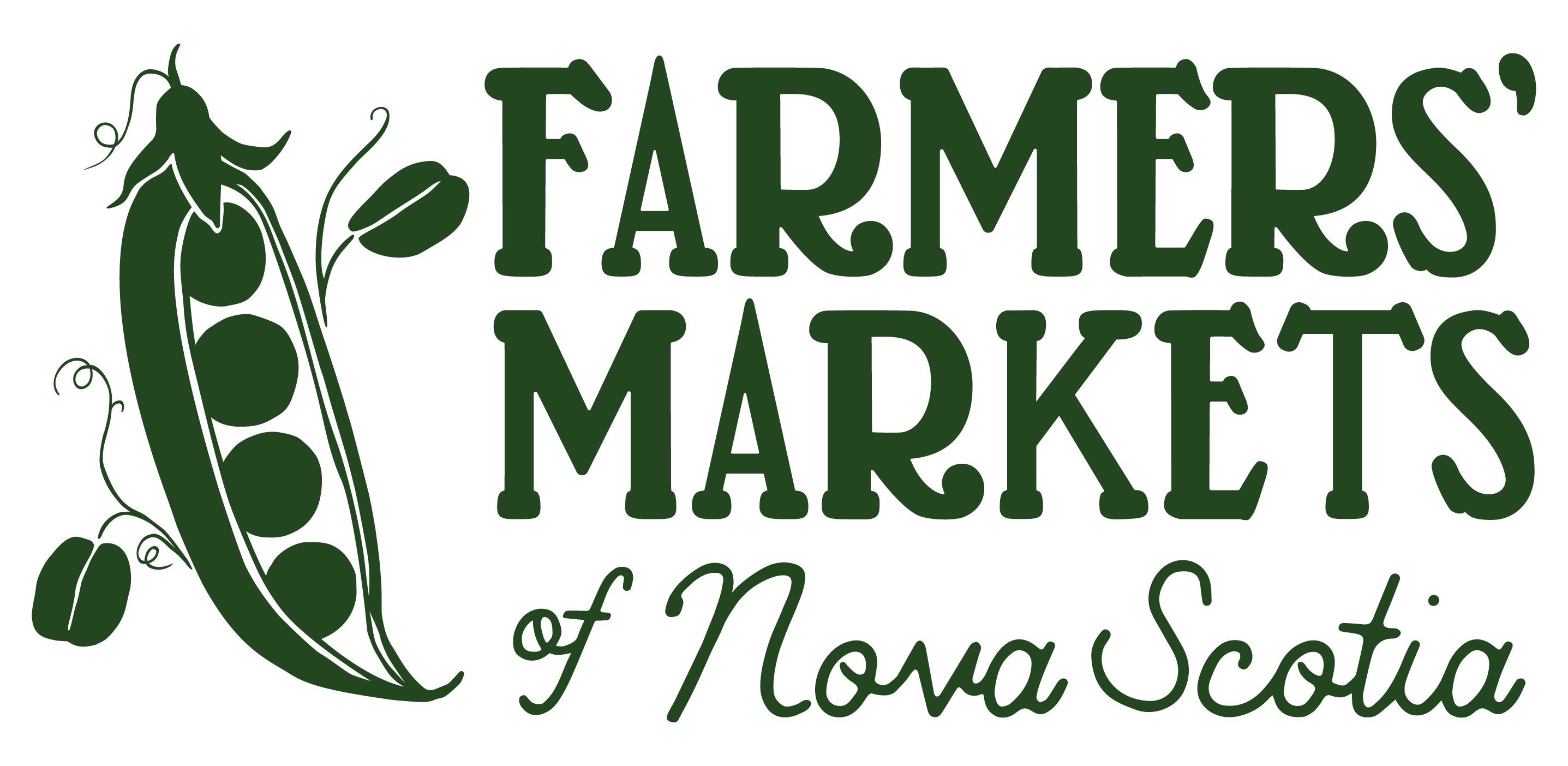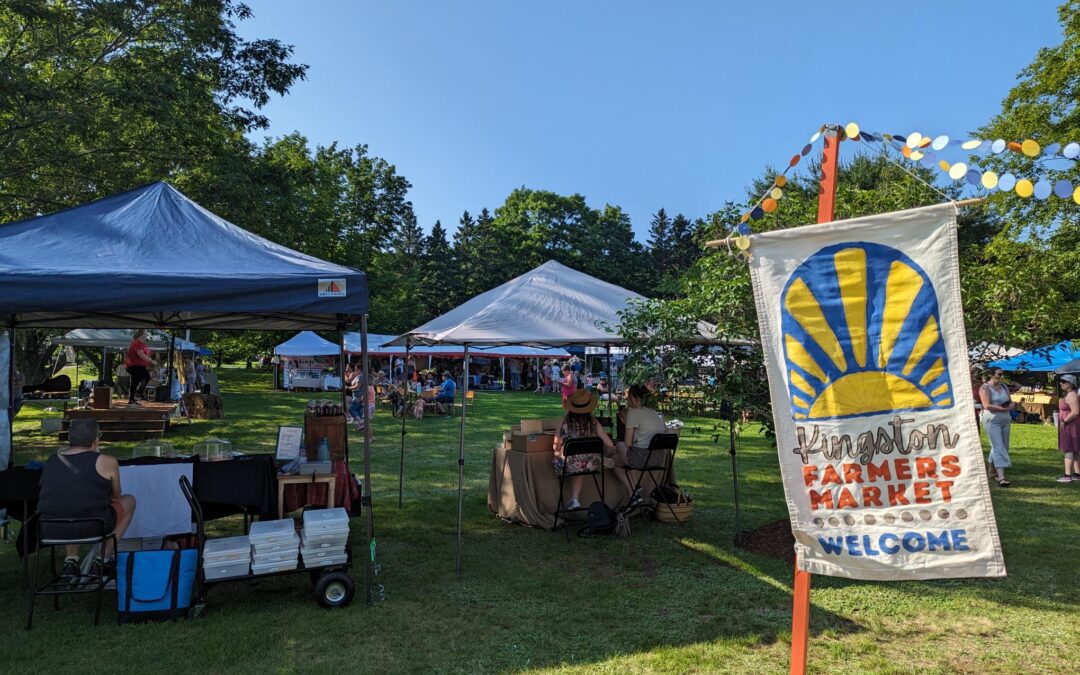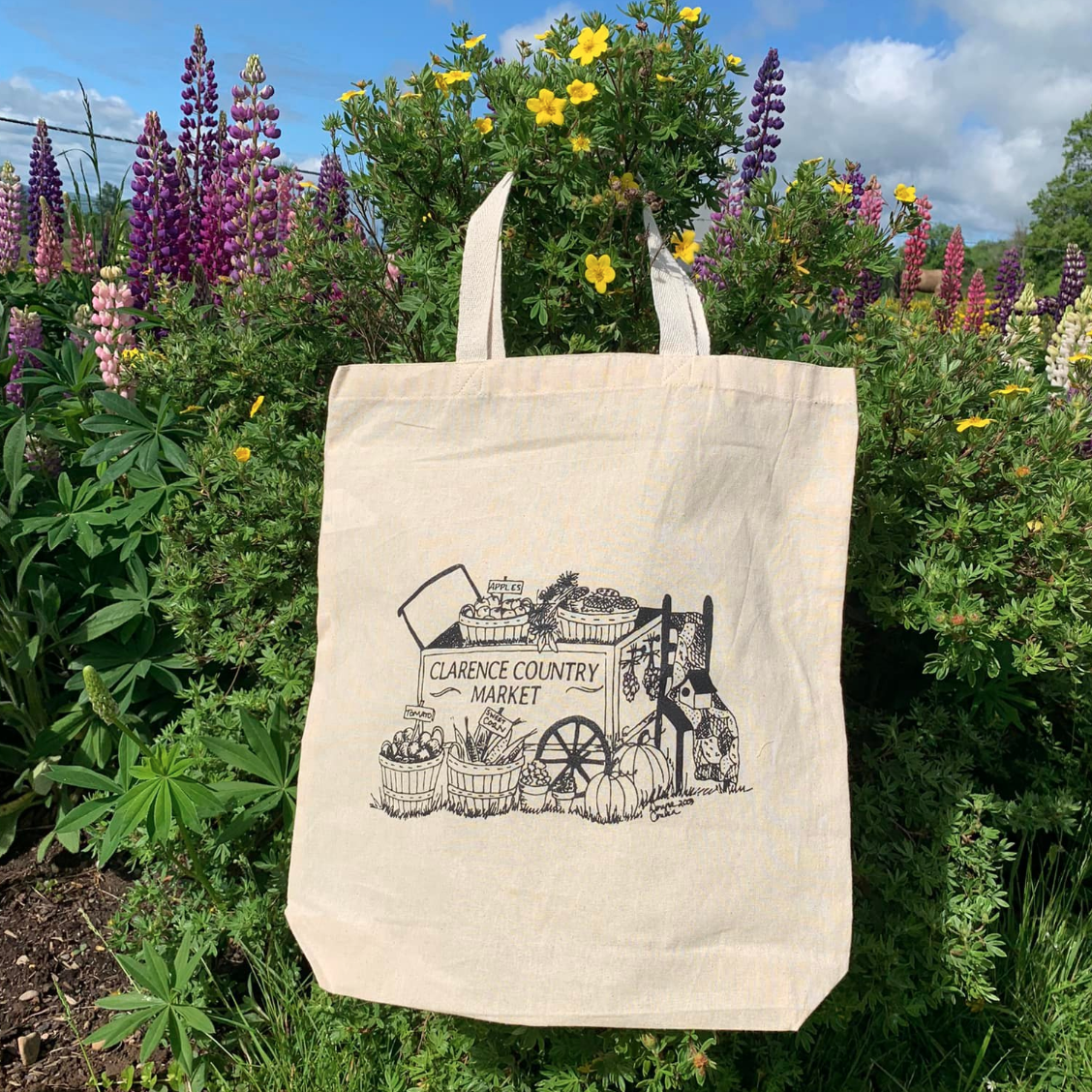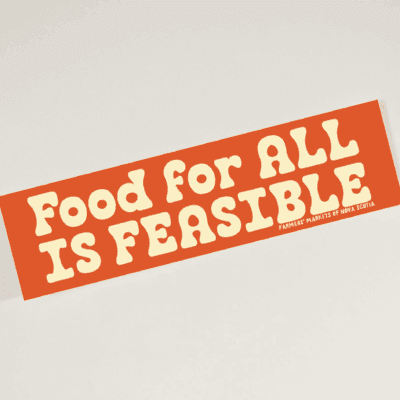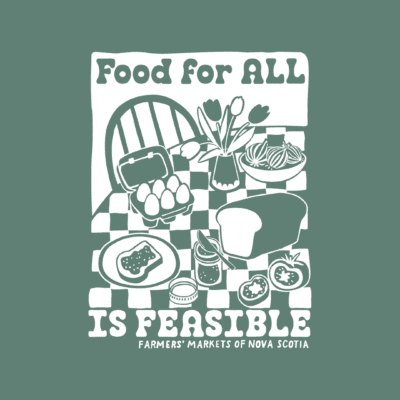Not a regular farmers’ market customer? Welcome! Here’s your guide.
- Find a farmers’ market near you by using our online market map.
- Make a list before you go if you aren’t used to the bustling environment. Some people find it hard to make choices on the spot (us included)!
- Show up early for the best selection and for a quieter shopping experience.
- Ask farmers for tips on cooking and storing their products.
- Embrace seasonal eating and enjoy trying new foods available only at farmers’ markets.
- Start small and enjoy exploring how you can slowly replace your grocery shopping with local options. Start by switching your eggs for local, pick up a cut of meat each week at the market, or try 3 local veggies.
- This is not all-or-nothing. Market shopping should be fun and inspiring, and there is no shame in making it more manageable and sustainable for you. Every local purchase helps.
- We have a popular monthly newsletter on how to cook seasonally, so sign up for The Basket today!
If you’re currently a regular farmers’ market shopper, here’s how you can help.
- Continue to share your experience by word of mouth, as this is the most effective way to get new customers in our doors.
- Share social media posts by your market and your favourite vendors.
- Purchase gift cards or market money as gifts for teachers, friends, employees, teenagers, etc.
- Leave a positive Google review of farmers’ markets and local food businesses. Have concerns? Address them directly, not online.
- Have a business or storefront that supports local? Request market maps from us to display!
- Share your love of local. Bring a friend to your market and buy them your favourite treat. Get them hooked on that delicious pork bun or samosa! Offer to bring a vegetable platter, some local sausages, or a box of pastries to your next social event.
- Please remember: Avoid shaming language, as this does more harm than good. Instead, celebrate the positive aspects. Many people are limited in their shopping choices (22% of Nova Scotians experience food insecurity) and we recommend always speaking from a non-judgemental, positive place.
